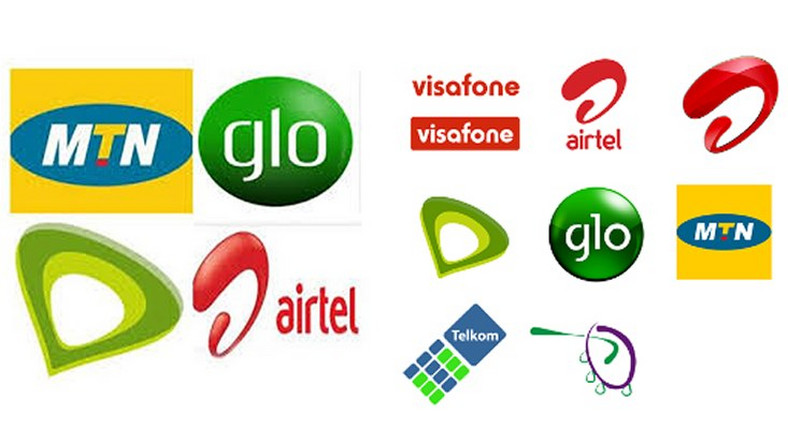By Omobayo Azeez
Given the disruptive consequences of Coronavirus (Covid-19) pandemic across various sectors of the economy, the Nigerian telecoms industry is faced with critical time with dwindling investment, experts have said.
Since its deregulation at the turn of the millennium, the sector had been private sector driven, depending largely on foreign direct investment (FDI) for improvement and expansion of its services.
In the light of the current economic headwind however, operators expressed fears that investment windows to the sector may be getting tighter by the day for dearth of fund on the one hand and vague return on investment on the other.
In an exclusive interview with business A.M, Olusola Teniola, president, Association of Telecommunications Companies of Nigeria (ATCON), said Covid-19 has brought further challenge for telecoms operators in the country to attract the necessary FDI needed to fund the gaps identified in the Nigerian Broadband Plan 2020-25.
Nigeria is currently pursuing 70 per cent broadband penetration target by 2025, which according to a report by the broadband committee, will ride on fresh investment into the sector estimated at $5 billion.
According to Teniola, Nigeria has been an FPI destination for many years and FDI had a larger portion of total investments in between 2010 to 2014, adding that since then, a steady decline in FDI share has been noticed and this has not been missed on the telecom sector.
“In fact, other than some M&A activities, FDI year-on-year to date has dropped by 90 per cent and with the COVID-19 reality, it further highlights the challenge for our members to attract the necessary FDI needed to fund the gaps identified in the Nigerian Broadband Plan 2020-25.
“The FOREX I&E window is difficult or near impossible for our members to access and hence liquidity in the parallel market is insufficient to cover all our members CAPEX projects, especially when other sectors compete for the limited dollar available in the market.”
He said this poses investors with a dilemma that if the local currency, naira, further devalues against the US dollar, “how can they hedge against any further decline in value when 100 per cent of equipment needed is imported?”
In the light of this, Teniola said the need for the Central Bank of Nigeria’s (CBN’s) intervention that allows ATCON’s members to access to the I&E window is now paramount.
Further incentives by government as recommended in the Nigerian Broadband Plan 2020-25 will aid any investments made during these trying times,” said the ATCON president.
Asked how this may impact on the 70 per cent broadband penetration target, he said the country is already at 38 per cent broadband penetration according to latest report by the Nigerian Communications Commission (NCC).
“This was on the back of USD$70 billion investments from 2001 to 2018. We need circa USD$5 billion as specified in the Nigerian Broadband Plan 2020-25 to be able to achieve 90 per cent 4G population coverage and 70 per cent broadband penetration by 2025.
“With innovative financing and access to long term facilities, it is possible to achieve the target and more over the next 5 years,” he said.








